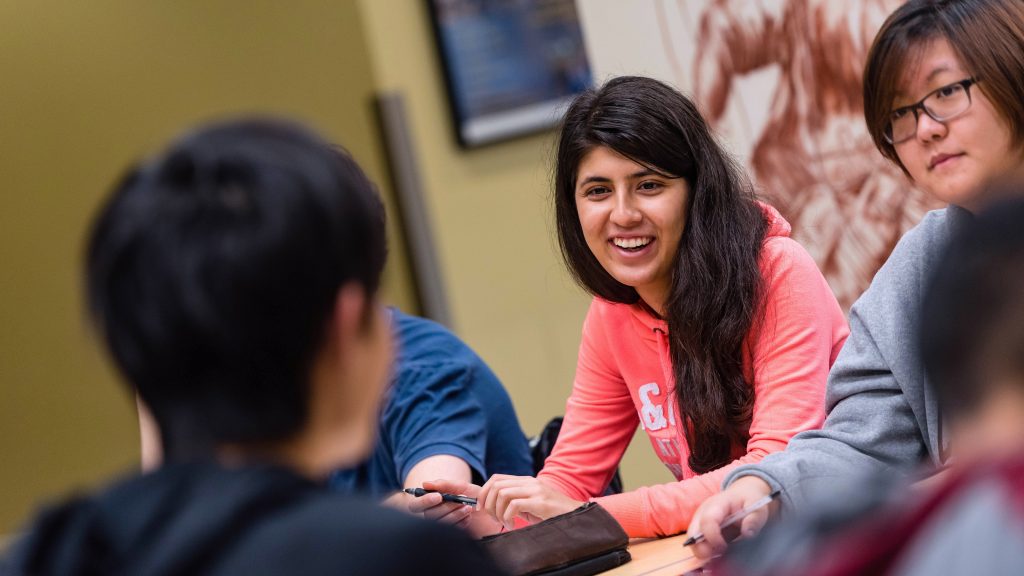Arts One faculty member Brandon Konoval has recently published an article that focuses on several authors commonly taught in Arts One: Aristotle, Lucretius, and Rousseau.
“Between Aristotle and Lucretius: Discourses of Nature and Rousseau’s Disours sur l’Inégalité.” Modern Intellectual History 14.1 (2017): 1-33.
Abstract:
In the Discourse on Inequality, Rousseau presents himself as declaiming in “the Lyceum of Athens” but in the presence of Plato and Xenocrates. Why should Rousseau’s arguments be heard in such precincts, and why, moreover, is Aristotle missing from them? Rousseau’s response to the topic proposed by the Dijon Academy, on which the Discourse was based, may be correspondingly interpreted as a response to Aristotle’s philosophy of nature and of the ways in which that philosophy informs the Politics in particular. The critique Rousseau thereby offers of an Aristotelian discourse of nature and society invokes a similar challenge once presented by ancient Epicureanism, and reflects the extraordinary revival of interest in Lucretius’ On the Nature of Things, a poem that became the focus of intense critical scrutiny during the Enlightenment. We may therefore understand why the Discourse on Inequality was read as an “Epicurean” text by certain contemporaries, and recognize particular critical objectives served by Epicurean philosophical resources that were further deployed in works like the Social Contract and Letters Written from the Mountain, reflecting Rousseau’s engagement with Genevan reform politics of the 1750s and 1760s.
Click here for a link to the journal issue that contains the article. You need a subscription or institutional access; you can read it if you’re on the UBC secure wifi, or if you have a CWL login you can click here to get to the article even from off campus.


